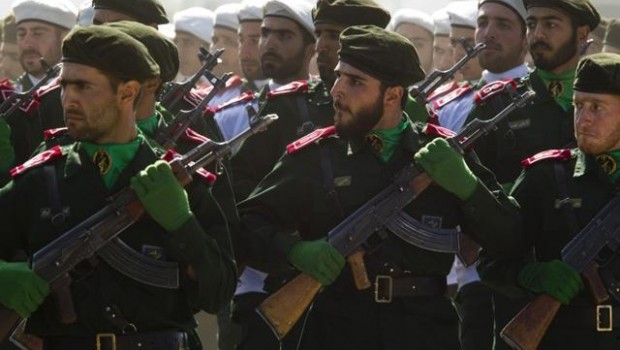We must commend Iran’s ability to preoccupy the world, financing crises and initiating battles in Lebanon, Gaza, Syria, Iraq, Yemen, Eritrea, Somalia, Afghanistan, Azerbaijan, and Bahrain. This is not to mention south-east Asian and Central African countries, in addition to Tehran’s supporting its affiliates and agents in the west. Iran is akin to a superpower with a finger in every pie across the world. The natural question that must be asked here is: Where does Iran get all these funds and capabilities? Why don’t we see a richer country, such as Saudi Arabia, for example, with the same expansionist tendencies? Iran certainly possesses a desire and enthusiasm to spend, or shall we say squander, its money setting up fires across the world. Iran excels at this type of activity so there can be no doubt that it is better at Saudi Arabia in ensuring the maximum value of every dollar spent to achieve this aim. However at a time when Iran has become financially bankrupt due to sanctions and military spending, Saudi Arabia enjoys a 700 billion dollar reserve. While Iran is wasting its funds on armed groups in Iraq, Lebanon and elsewhere, not to mention Hezbollah; Saudi Arabia is spending huge amounts of money on scholarships for 150,000 students to study at western universities.
On the industrial level, Saudi Arabia has a wide industrial base built on petroleum products while the Iranian government spends its funds on developing and manufacturing arms. Two weeks ago, Tehran claimed to have sent a monkey into space as part of advanced scientific tests, however few believe this and the story transformed into a joke. While the day before yesterday, the Iranians claimed to have built a Stealth Fighter which includes the most sophisticated military aviation technology and is undetectable by radar. Prior to this, Tehran celebrated the building and launching of naval submarines that the Iranians claimed could compete with their American counterparts. Iran also periodically announces the development of missile systems, while critics insist that such missiles are similar to Saddam Hussein’s missiles, namely Russian missiles with Arabic or Islamic names. These missiles are then adjusted by reducing their payload, granting them a broader range.
What does Iran mean to say by way of its massive military spending and propaganda regarding its scientific achievements? Perhaps it aims to assert that it will be victorious in the next major war? Or that it is a superpower and therefore deserves a seat on the the UN Security Council? Or that it is a country capable of challenging international sanctions? Or is all of this merely propaganda aimed at the domestic scene in order to soothe the Iranian citizens who have paid for militarization and foreign adventures in order to satisfy the ego of President Ahmadinejad, the Iranian Revolutionary Guard Corps (IRGC), and the Supreme Leader. Inflation has eaten up the Iranian citizens savings and they now rely on government aid to buy bread and fuel. This propaganda is similar what the North Korean regime feeds its people, speaking of international conspiracies and military accomplishments. While during the Mao Zedong era, the Chinese state also distracted the people with such rhetoric.
It seems that Iran chooses to announce such achievements to coincide with international summits and conferences that aim to address Iranian issues, such as the nuclear program and economic sanctions.
Even those who say that military procurements, in terms of western arms deal, are terrible, the reality is that these are less than what Iran spends on military projects and foreign adventures that are doomed to failure.
In conclusion, were it not for Iran and its aggressive policy, the Americans would have no justification to deploy their battleships in the Gulf, or establish military bases across the land. Iran is the justification for every defensive weapon deal, and it is therefore the Iranians that are behind the tension that has dominated our region since the 1980s.
